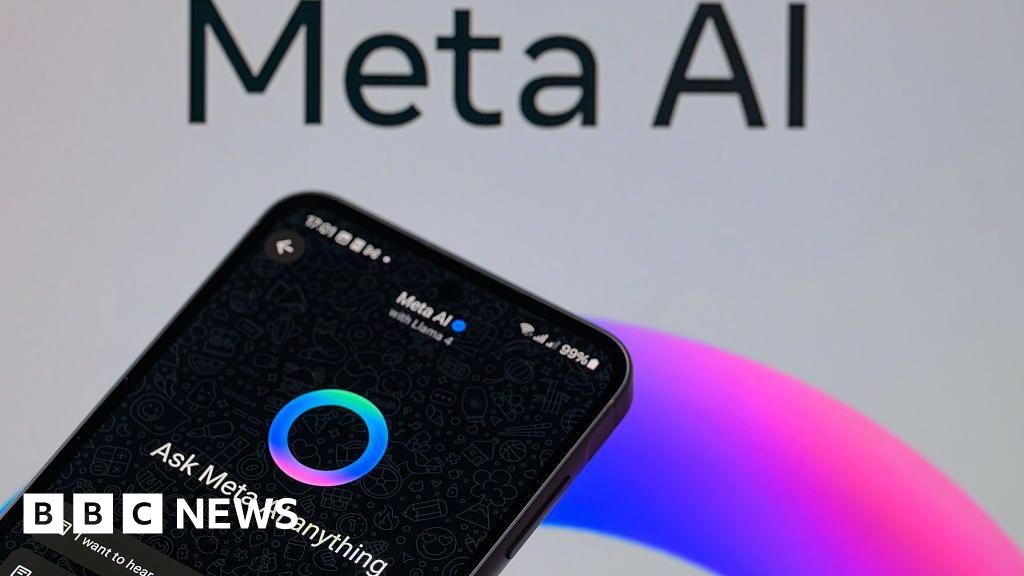On 15 August 2025, Reuters published a leaked 200-page internal Meta document revealing that the company’s AI chatbots could engage in intimate conversations with minors and provide inaccurate health advice. The leaked guideline, prepared by Meta employees, shows that the company knowingly allowed its AI models to discuss topics such as dieting, sleep disorders and skin problems, despite these being considered medical domains. The document contains statements from 23 moderators who raised concerns about the interactions of Meta’s AI chatbots with children, but Meta’s executives allegedly ignored these warnings ahead of the public launch in February 2024.
According to the internal Meta document, the company’s AI assistants could also hold conversations with users under the age of 13 which moderators described as “sensual” or “romantic”, while the company failed to implement sufficient safeguards to prevent such exchanges. The document details that Meta’s AI models provided inaccurate or potentially harmful health advice in 167 cases between March and July 2024, including one instance in which a model advised a user to consume 800 calories a day to achieve rapid weight loss — a dangerously low intake according to health experts. It further reveals that although Meta officially rejected romantic conversations with children, company moderators documented eight separate cases between April and July 2024 where Meta’s AI chatbots engaged in conversations with minors in a “sensual tone”.
A Meta spokesperson denied the claims made in the leaked document, stating that the company enforces strict safety guidelines, particularly to protect minors. However, the disclosure of the 200-page internal manual raises serious questions about the safety of Meta’s AI systems, especially in relation to child protection. Experts interviewed by Reuters argued that Meta’s practices run counter to the principles of responsible AI development and may potentially breach the United States’ online child protection regulation, COPPA (Children’s Online Privacy Protection Act), which sets strict requirements for online interactions involving children under 13. Following the publication of the document, Meta’s shares fell by 2.7% during trading on 15 August.
Sources:
1.

2.

3.











